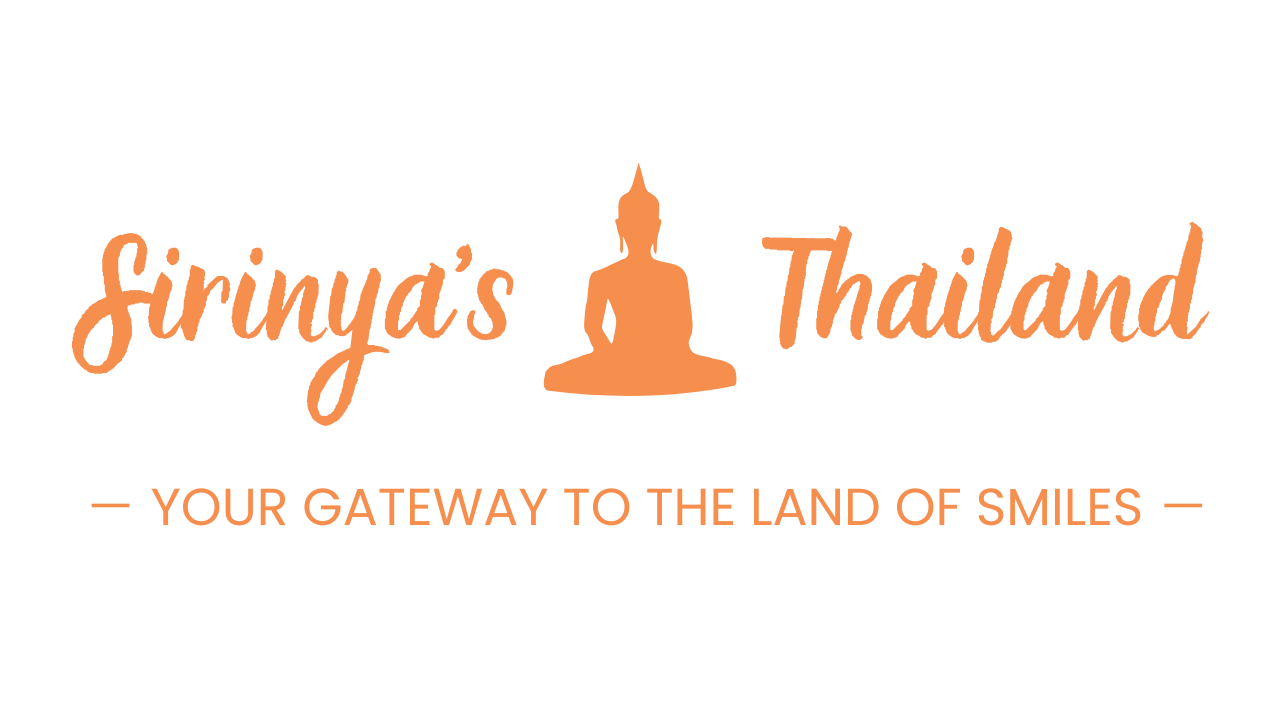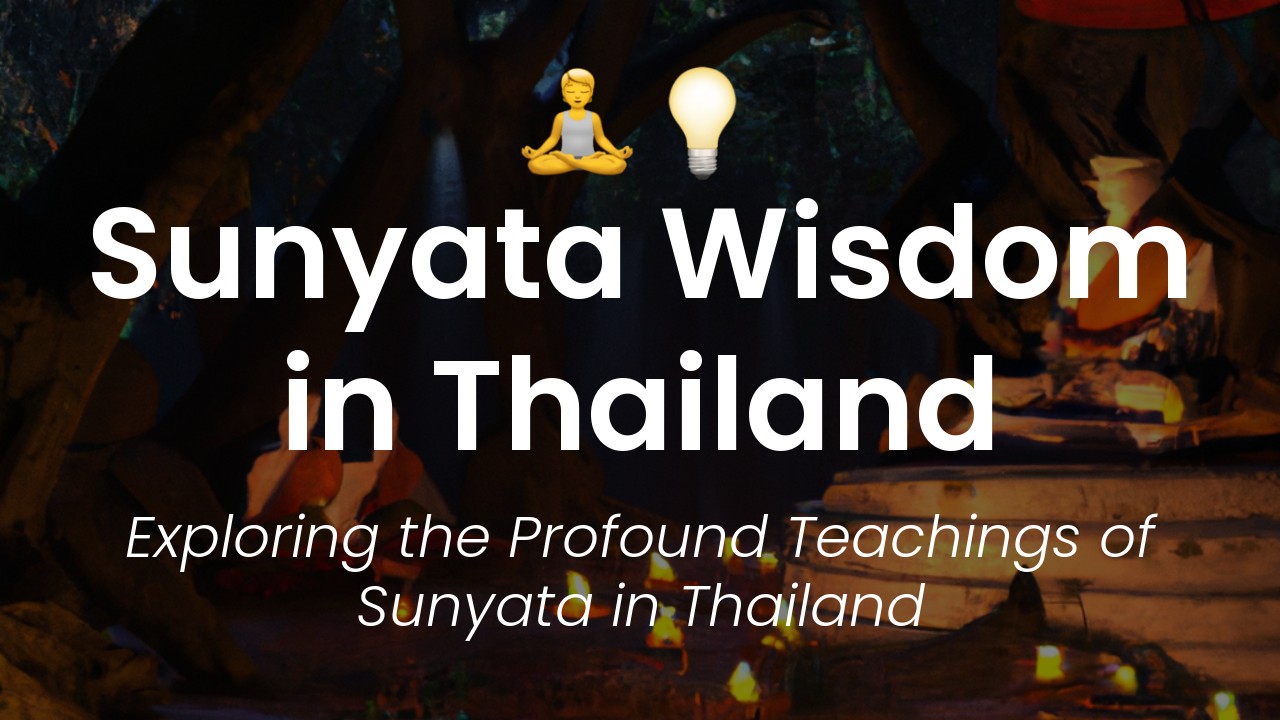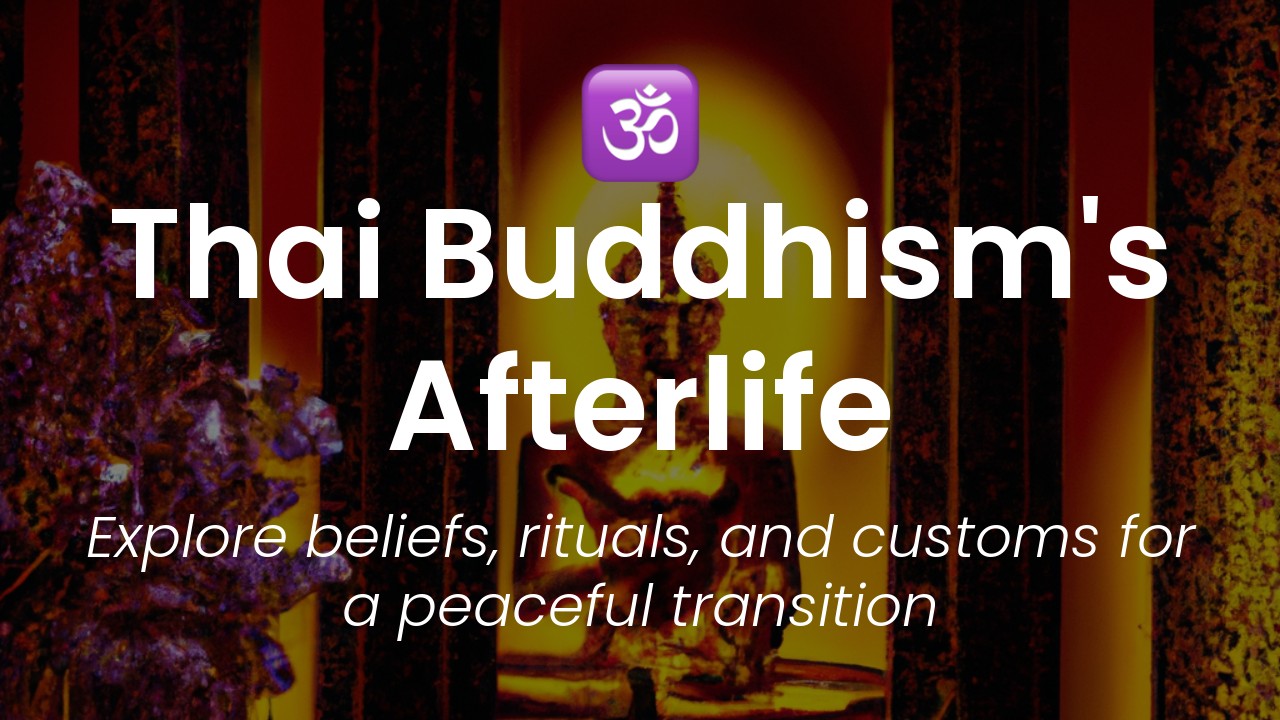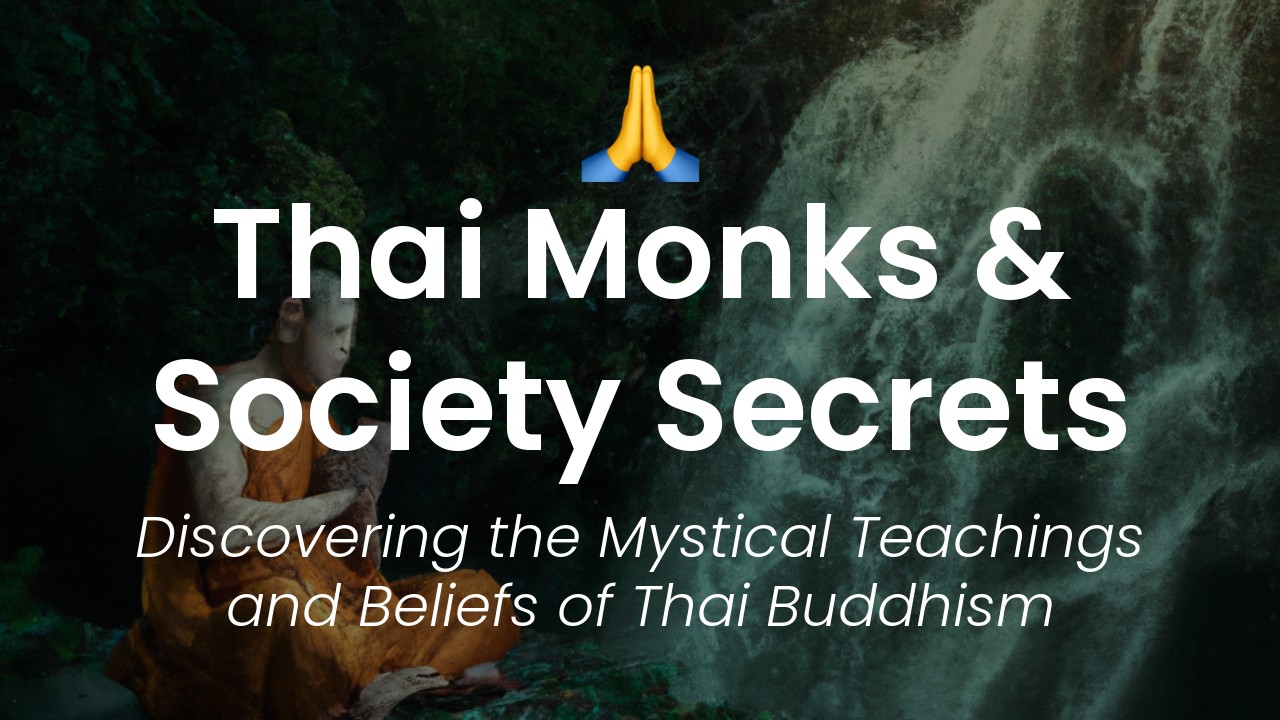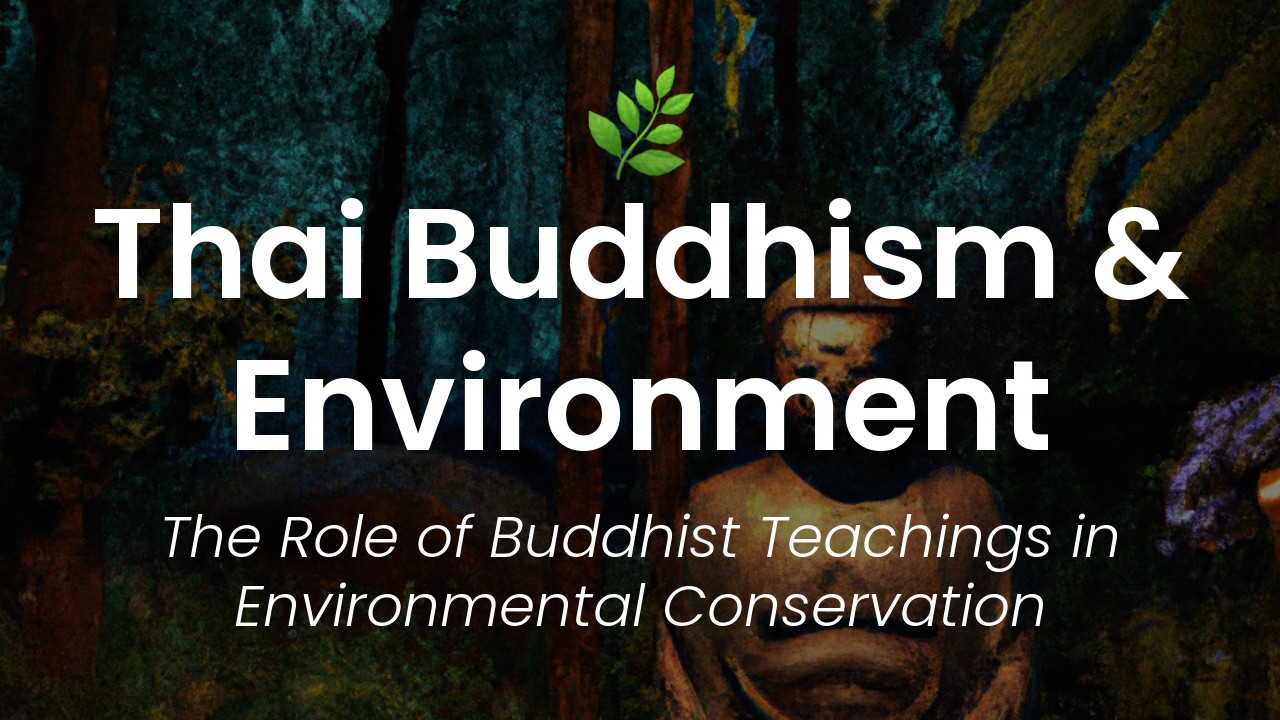As a blogger who loves to explore and write about Thai culture, I can't help but be fascinated by the Sunyata teaching, one of the most profound and ancient concepts in Buddhism. Sunyata, often translated as "emptiness," is not a mere philosophical idea. Rather, it is a teaching that reflects the essence of reality. To understand it is to unlock great wisdom and inner peace.
So, what does Sunyata mean, and how can we learn more about it? Fortunately, Thailand is rich in Buddhist traditions and teachings, and many meditation centers offer courses and retreats to help people deepen their understanding of Sunyata. In this article, I will take you on a journey to discover the ancient wisdom of Sunyata teaching in Thailand.
From its origins in India to its spread throughout Asia, Buddhism has transformed and adapted to different cultures and societies. In Thailand, Buddhism is the predominant religion, and it has played a crucial role in shaping the country's culture and way of life. With its emphasis on mindfulness, compassion, and non-attachment, Buddhism offers practical tools for living a fulfilling and harmonious life. Sunyata is one of the key teachings of Buddhism, and it is at the heart of the practice of meditation.
History of Sunyata Teaching in Thailand
Sunyata, or the teaching of emptiness, has been an integral part of the Buddhist philosophy for centuries. In Thailand, Sunyata has been preached by renowned monks and scholars, and it has been embraced by the people as a way of life. The history of Sunyata goes back to the Buddha himself, who taught the concept of emptiness as one of the three universal truths.
In Thailand, the teaching of Sunyata was popularized by the great Buddhist monk, Buddhadasa Bhikkhu. He founded the Suan Mokkh International Dharma Hermitage in 1932, where he taught the contemplative practice of Sunyata. His teachings attracted thousands of followers from all over the world and remain relevant to this day.
Importance of Sunyata Teaching in Buddhism
Sunyata is a fundamental teaching in Buddhism, as it describes the true nature of reality. According to Sunyata, everything in the world is empty of inherent existence. This means that there is no inherent self or soul in anything, including ourselves. The concept of emptiness is not just a philosophical abstraction but a practical approach to life, as it helps us to see the impermanence and interdependence of everything in the world. Understanding the emptiness of all things can lead to peace of mind and detachment from desire and attachment.
Sunyata teaching also emphasizes the importance of mindfulness and meditation, as the only way to realize the true nature of reality. Through meditation, one can develop the wisdom and compassion necessary to live a fulfilling life.
Key Concepts of Sunyata Teaching
The concept of Sunyata can be challenging to understand, but it is an essential teaching in Buddhism. Here are some of the key concepts of Sunyata:
- Emptiness: Sunyata means emptiness, or the absence of inherent existence. Everything in the world is empty of an inherent self or soul.
- Interdependence: Everything in the world is interconnected and interdependent. Nothing exists on its own, but everything arises in dependence on other things.
- Impermanence: Everything is constantly changing and impermanent. Nothing remains the same over time.
- Mindfulness: To understand the true nature of reality, one must be mindful of the present moment. Mindfulness helps us to see things as they are, without judgment or attachment.
- Compassion: The practice of Sunyata leads to compassion for all living beings. When we realize that all things are connected, we develop a sense of empathy and caring for others.
Practicing Sunyata Teaching
To practice Sunyata, one must develop the virtues of mindfulness and meditation. Meditation is the key to unlocking the wisdom and compassion necessary to understand the true nature of reality.
- Mindfulness: To be mindful, start by paying attention to the present moment. Focus on your breath, and observe your thoughts without judgment or attachment.
- Meditation: To meditate, find a quiet place and sit with your back straight. Close your eyes and focus on your breath. When your mind wanders, gently bring it back to your breath.
- Reflection: Reflect on the interdependence and impermanence of all things. Contemplate the emptiness of everything, including your own thoughts and feelings.
- Action: Finally, put the teachings of Sunyata into practice by living a life of compassion and empathy. Treat others with kindness and respect, and develop a sense of connection to all living beings.
Benefits of Sunyata Teaching in Modern Life
Sunyata teaching has many benefits in modern life, as we navigate the challenges of our fast-paced, interconnected world.
- Peace of mind: Understanding the true nature of reality can lead to peace of mind and freedom from anxiety and stress.
- Compassion: Adopting a perspective of interdependence and emptiness can help us to develop greater compassion for all living beings.
- Clarity: By seeing things as they truly are, we can gain clarity in our decision-making and live a more purposeful life.
- Self-awareness: Mindfulness and meditation can help us to develop greater self-awareness, leading to greater emotional intelligence and resilience.
Where to Learn Sunyata Teaching in Thailand
If you are interested in learning more about Sunyata, there are many places to study in Thailand. The Suan Mokkh International Dharma Hermitage, founded by Buddhadasa Bhikkhu, remains a popular destination for students of Sunyata.
Many temples and meditation centers throughout Thailand offer classes and retreats on mindfulness and meditation, which can be a good way to start practicing Sunyata.
In conclusion, Sunyata teaching is a profound and timeless teaching in Buddhism, offering insight into the true nature of reality. By embracing the concepts of emptiness, interdependence, impermanence, mindfulness, and compassion, we can live a more fulfilling life and find peace of mind in the midst of the chaos of modern life.
